There are many more items to add to this list. In the meantime, here are just some of them.
Learn helpful Japanese phrases.
Although most of the signs and announcements have English translations and tourism materials such as maps, brochures, and booklets have the English version, learning a few Japanese phrases can be useful, especially when interacting with the locals. Japanese people are very polite. Two of the most useful phrases are Sumimasen (Excuse me or sorry) and Arigatou Gozaimasu (Thank you).
Be mindful of others.
Respect the queues and common etiquette, whether eating in a restaurant, riding public transportations, and even walking down the street. When using the escalator, keep left if you are not moving to give way to those in a hurry. If you have colds or cough, wear surgical masks in public. The reason locals wear those is to prevent the illness from spreading.
Check the bills.
Japanese bills can be confusing because they look pretty much the same, especially their color; they just differ in size. Pay close attention to those ¥1,000 and ¥10,000. But the Japanese people are least likely to take advantage.
Settle your bill on your way out.
The cashier is usually stationed at the entrance or exit of the restaurant. Also, tipping is uncommon in Nagoya.
Cold…and hot drinks vending machines.
Japan abounds in vending machines. A lot of people are not aware of the hot options. Yes! Most vending machines not only have cold drinks but also hot ones. In a hurry but need your hot morning drink? No problem! Heads up: vending machines do not accept those 1-yen coins.
Spend those 1-yen coins.
Unless you are collecting coins (but hey, how many coins do you need?) from other countries, you can spend your 1-yen coins at the convenience stores and supermarkets. Most currency exchange establishments, if not all, do not change small bills and coins, so it’s much better to spend it while in Japan.
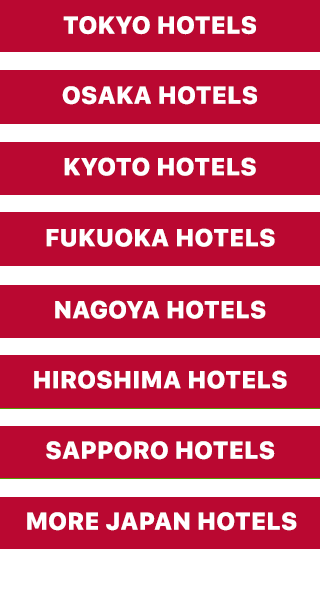






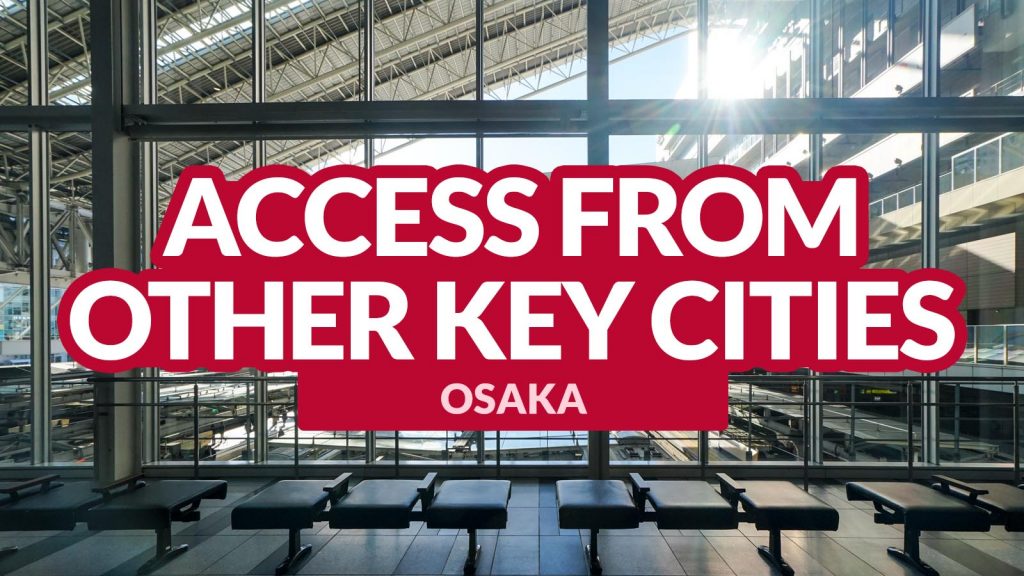
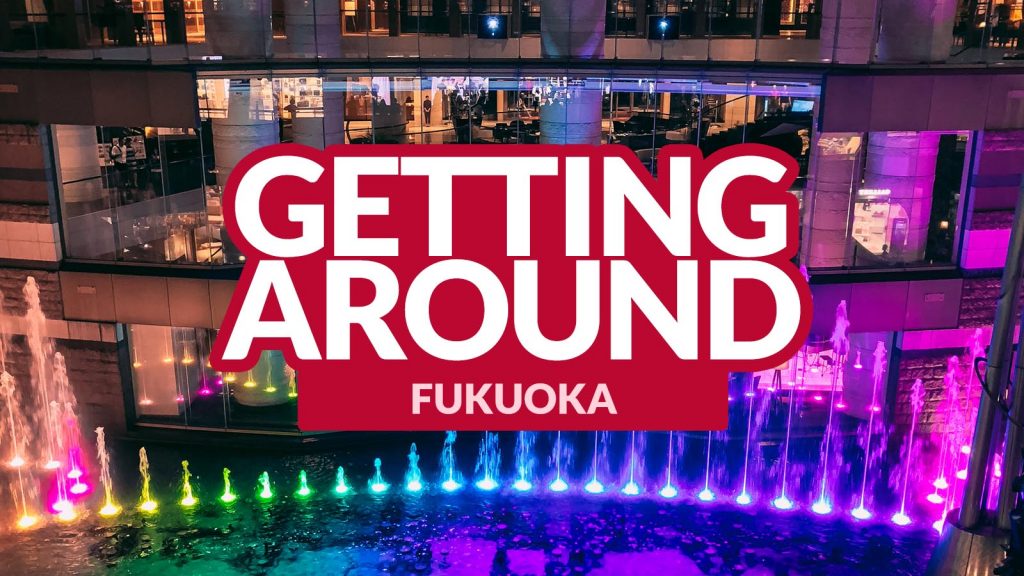
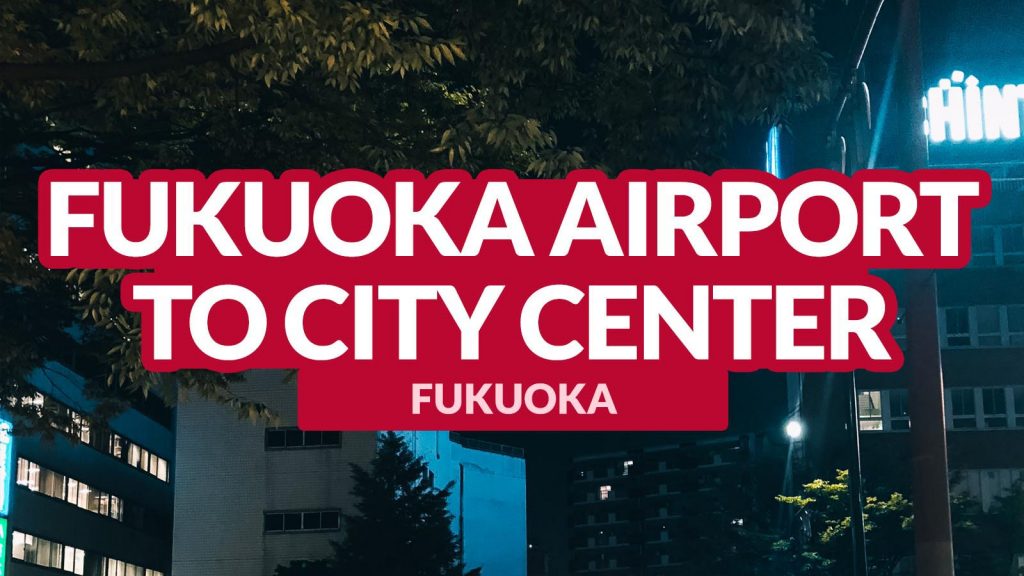
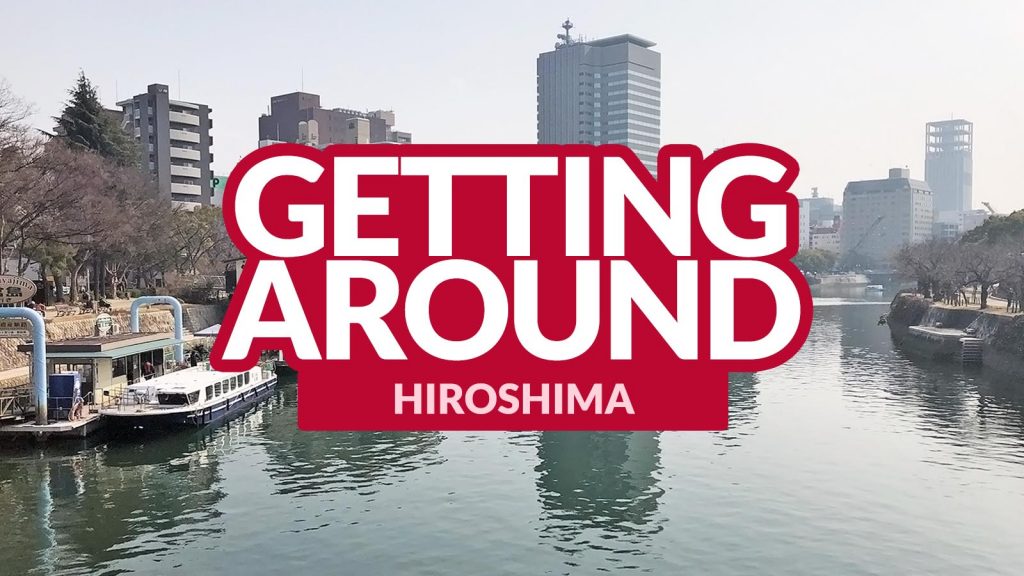
Comments